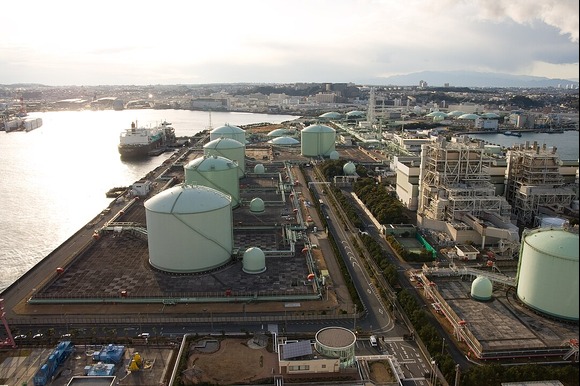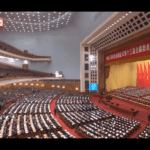Qatar is set to supply natural gas to Syria to facilitate the generation of 400 megawatts of electricity daily, as reported by the Syrian state news agency SANA on Friday. This initiative aims to alleviate the significant electricity shortages faced by the war-torn nation.
Omar Shaqrouq, Syria’s interim Minister of Electricity, indicated that the Qatari gas supplies are anticipated to double the daily electricity provision from the current two hours to four hours.
As part of the agreement, Qatar will deliver 2 million cubic meters of natural gas each day to the Deir Ali power station, located south of Damascus, through a pipeline that traverses Jordan.
According to Qatar’s state news agency, this initiative is part of a collaboration between the Qatar Fund for Development and Jordan’s Ministry of Energy and Mineral Resources, in partnership with the United Nations Development Program. The goal is to tackle the critical electricity production deficit and improve the country’s infrastructure.
Syria’s economy and infrastructure, particularly in electricity generation, have suffered immensely due to nearly 14 years of civil conflict and stringent Western sanctions imposed on the regime of former President Bashar Assad.
Those who have the financial means turn to solar energy and private generators to compensate for the inadequate state electricity supply, while many others endure prolonged periods without power.
Since the ousting of Assad in a swift rebel offensive in December, the new leadership in the country has faced challenges in establishing control over territories that were fragmented into unofficial mini-states during the conflict, as well as initiating reconstruction efforts. The United Nations estimated in 2017 that the cost to rebuild Syria would be no less than $250 billion, with experts suggesting that this figure could escalate to at least $400 billion.
The United States remains cautious regarding the interim government and the current President Ahmad al-Sharaa, who previously led the Islamist insurgent group Hayat Tahrir al-Sham. Washington classifies HTS as a terrorist organization and has been hesitant to lift sanctions.
However, in January, the US did relax some restrictions by issuing a six-month general license that permits specific transactions with the Syrian government, including certain energy sales and related activities.






